
Plenary 2: Debate: Can investigations offices be truly independent within management structures?
The Debate will explore whether investigative offices within management-controlled structures can ever be truly independent. Opposing sides will be presenting arguments, rebuttals, and real-world examples from MDBs, UN agencies, and other organizations, concluding with an audience vote on the most compelling case.
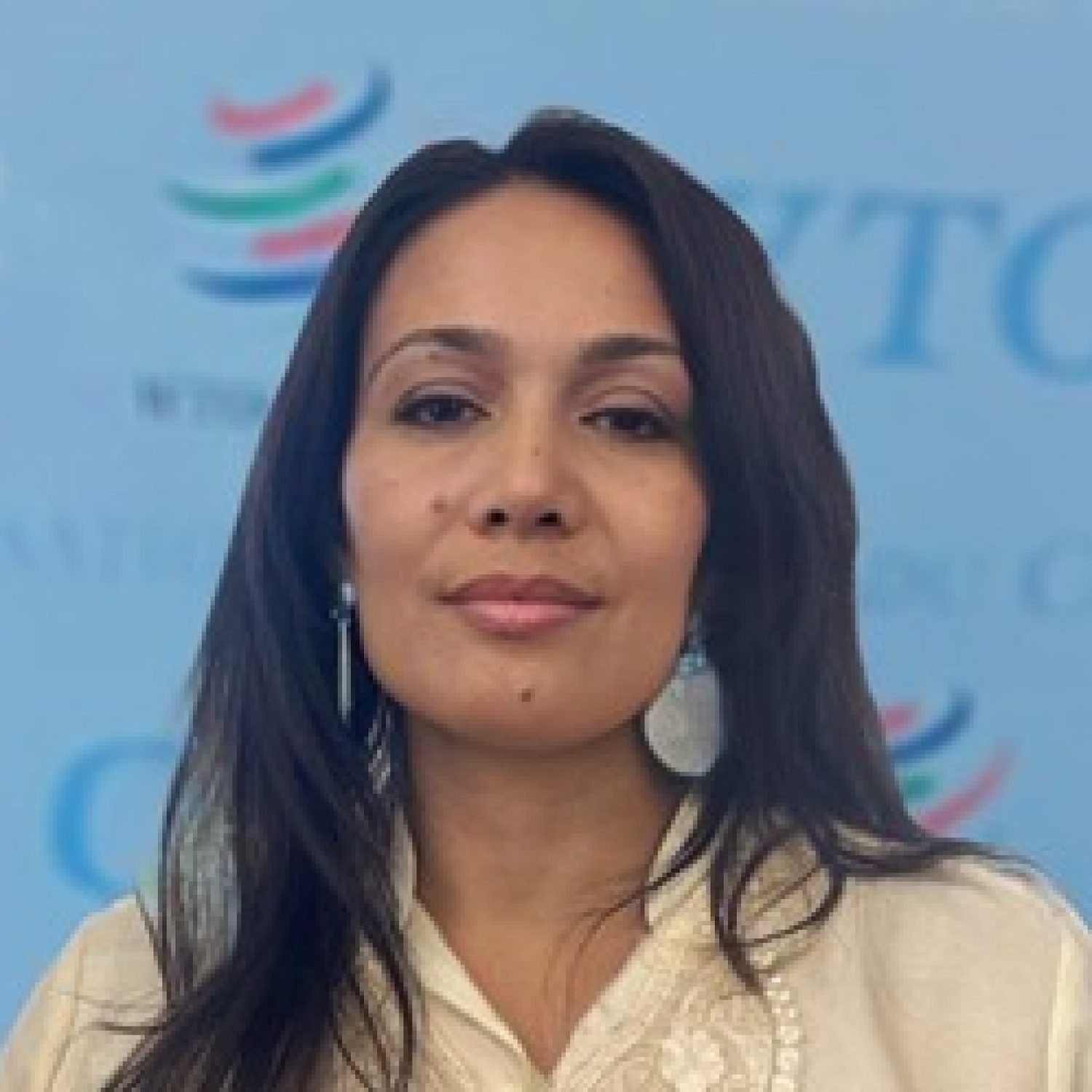
Mary Jones (WTO)
Mary Jones currently heads the Office of Internal Oversight (OIO) at the World Trade Organization, where she is responsible for the investigation, audit, evaluation, and inspection functions, advising the Director General on integrity risk management and reporting to Member States. She has over 25 years’ practitioner and leadership experience in oversight functions across the public, private, charitable, humanitarian, and multilateral organisation sectors. She started her career in first responder roles, followed by criminology research focusing on crime reduction, social inclusion, ethical compliance and evaluation for government agencies, police forces, and non-profits. She then worked in trailblazing roles in Anti-Fraud and Corruption in an International NGO and went on to set up and lead the Investigations and Speak Up functions at the world’s largest university publisher. She is a certified fraud examiner, accredited intelligence and strategic assessment specialist, and senior qualified investigative interviewer. Mary is also the former Executive Director of the Association of Corporate Investigators where she led foundational initiatives to professionalise corporate investigations, including establishing global Investigation Principles and Good Practice Guidance, and authored a number of articles on internal investigation best practice. She currently Co-Chairs the United Nations Representatives of Investigative Services (UN-RIS) and is active in PSEAH and other oversight communities of practice and working groups.
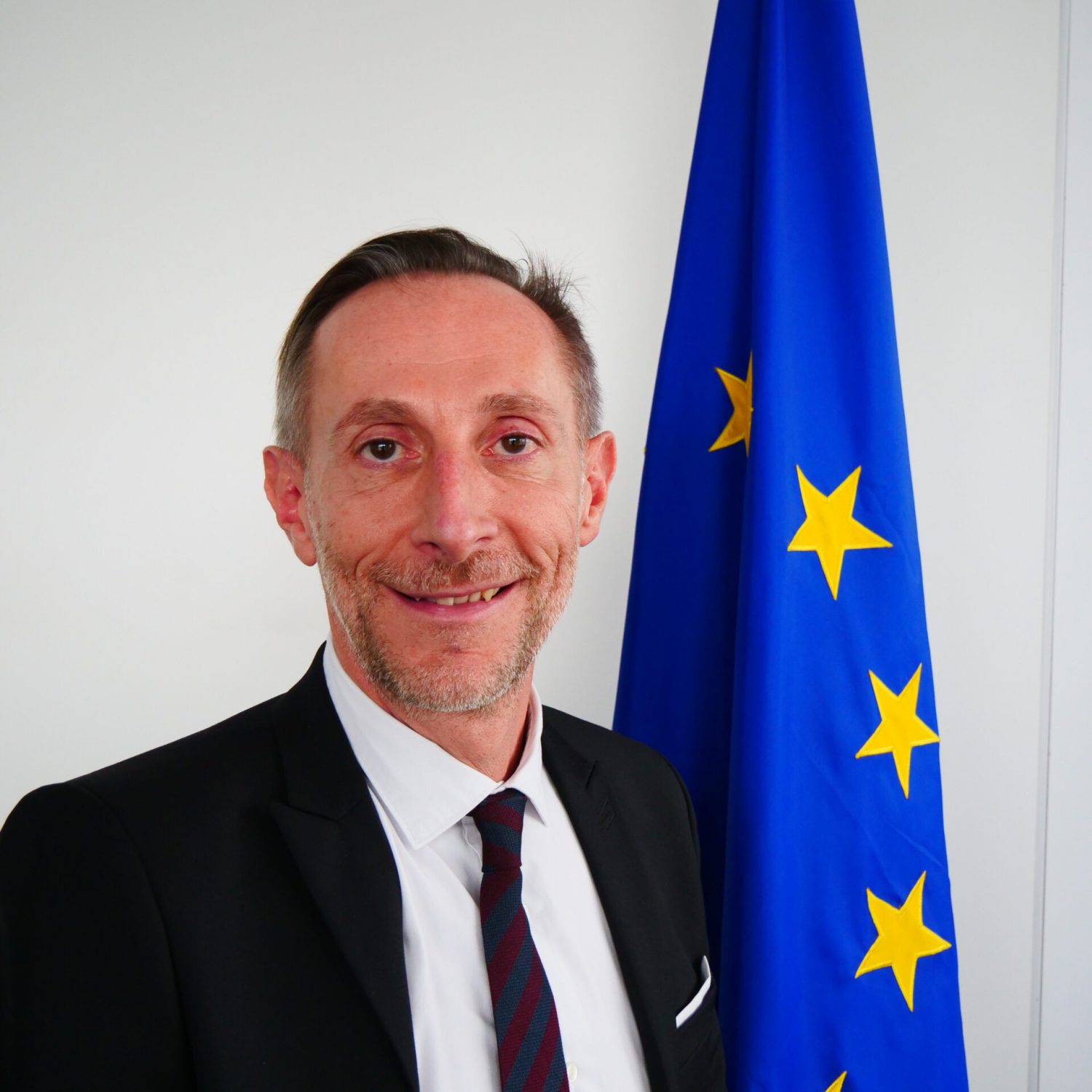
Ernesto Bianchi (OLAF)
Ernesto Bianchi started his career in the European Commission in 1994 in the Directorate-General Employment and Social Affairs where he became Assistant to the Director-General. In 2000, Ernesto moved to the Directorate-General Press and Communication to work as the Assistant to the Spokesman and Director-General. He joined the Directorate-General for Justice, Freedom and Security in 2004 as Head of Unit Personnel, Logistics and IT Systems. He stayed in the Directorate General for Justice until 2011 working as Head of Unit Citizenship and Fundamental Rights and subsequently as Head of Unit Fundamental Rights and Rights of the Child. From 2011 to 2015, he worked as Head of Unit Common Fisheries Policy and Aquaculture in the Directorate-General for Maritime Affairs and Fisheries.
He became Director within the European Anti-Fraud Office taking responsibility of the directorate dealing with trade and customs fraud, tobacco and counterfeit goods, agricultural and structural funds.
Currently he is overseeing Directorate Revenue and International Operations, Investigations and Strategy.
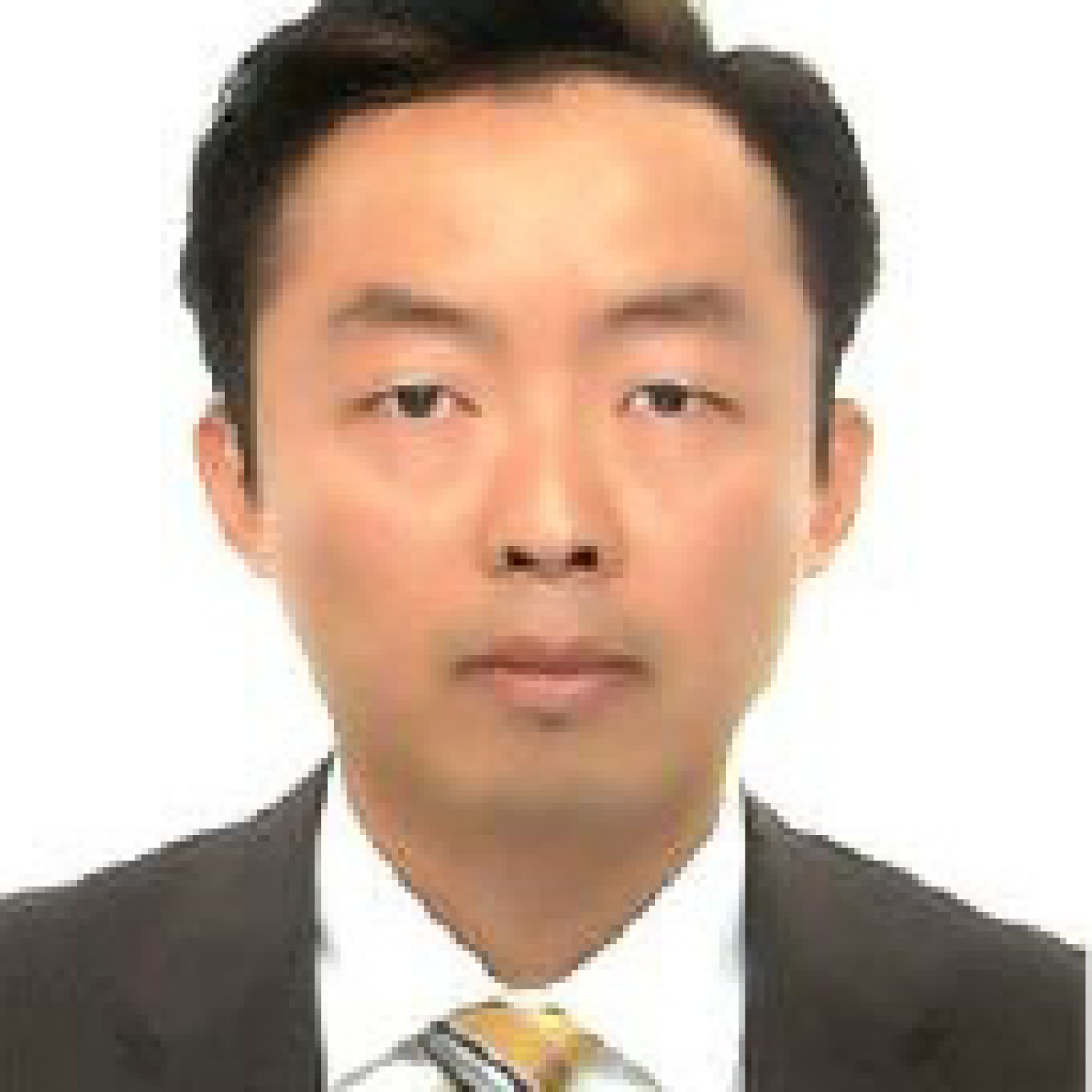
Sangwoo Kim (IFAD)
Mr. Kim has 30 years of professional experience, primarily leading administrative and criminal investigations with international and national organizations. He is currently working with the International Fund for Agricultural Development (IFAD), where he heads the Investigation Function of the Office of Audit and Oversight. He previously worked with the World Food Programme (WFP), the United Nations Office of Internal Oversight Services (OIOS), and the International Criminal Court (ICC). Prior to his UN career, Mr. Kim was a Detective Chief Inspector for the Korean National Police Agency. Mr. Kim holds an LLM with Merit from the London School of Economics and Political Science (LSE) as a Chevening Scholar and Postgraduate Diplomas in Law and in Legal Practice from BPP Law School, London. He was selected as one of Korea’s “100 Future Leaders” (2011) by Dong-a Daily Newspaper. Mr. Kim served as the Coordinator of the United Nations Representatives of Investigation Services (UNRIS) for two years, in 2023 and 2024.
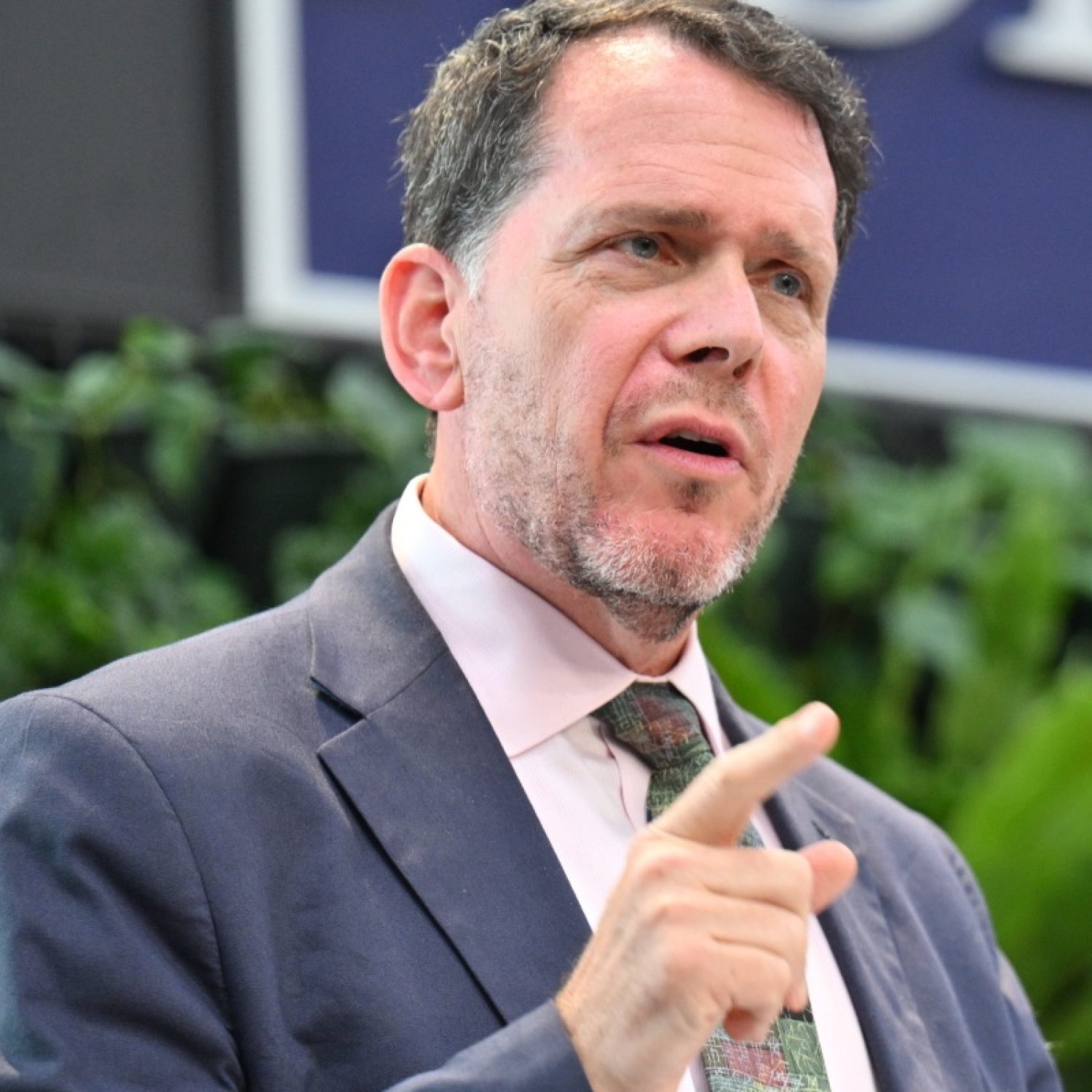
Stephen Zimmermann (UNICEF)
Stephen Zimmermann is UNICEF’s Director of Internal Audit and Investigations where he overseas multi-disciplinary teams responsible for assurance and advisory services, as well as investigations into fraud, corruption and misconduct across UNICEF’s global operations. Previously Mr. Zimmermann was the Senior Adviser to the Governance Global Practice of the World Bank where he helped guide the Bank’s anti-corruption, justice and rule of law work. He was previously the Director of Operations for the World Bank Integrity Vice Presidency (INT) where he oversaw teams charged with detecting, investigating, sanctioning and preventing fraud and corruption in Bank-financed activities around the world. Mr. Zimmermann has had a leading role in developing the World Bank’s integrity agenda and led efforts to reach a historic Cross-Debarment Agreement signed by the World Bank and leading regional Multilateral Development Banks for mutual enforcement of sanctions decisions. Prior to joining the World Bank Group, Mr. Zimmermann was also the first Chief of the Office of Institutional Integrity for the Inter-American Development Bank. He also has served as the interim Chief of Staff for the Independent Inquiry Committee into the United Nations Oil for Food Program. Before joining the Bank, Mr. Zimmermann was an Assistant United States Attorney in the U.S. Justice Department, as well as a lawyer in private practice.
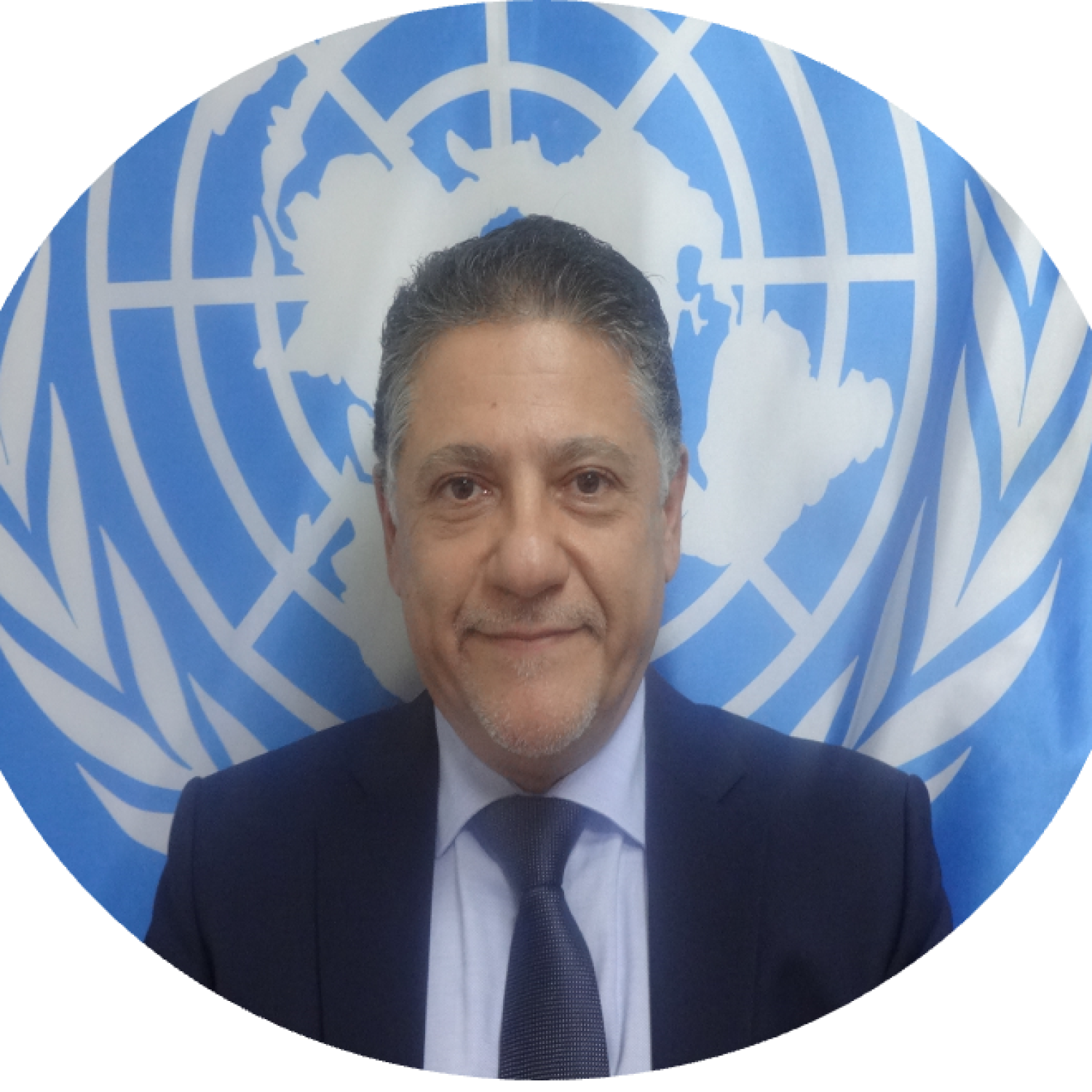
Onisiforou Onisiforos (UNRWA)
Mr. Onisiforos A. Onisiforou holds a BA in Economic and Social Studies and an MBA in Business Administration. He is a Fellow Chartered Accountant (FCA), Business and Finance Professional (BFP), Certified Public Accountant (ICPAC), and holds multiple professional certifications including CIA, CCSA, CGAP, CFSA, and CRMA. Onisiforos brings over 30 years of experience across the private (“big four” accounting firm), governmental, national, and international public sectors. His expertise includes governance, risk management, finance, treasury management, business consulting, investigations, evaluations, as well as external and internal audit. Onisiforos has also served in leadership roles on various Boards and Committees and has significantly contributed to the auditing and accounting profession, including serving as the President of the Institute of Internal Auditors (Cyprus). Since October 2024, Onisiforos has held the post of the Director of Internal Oversight Department at UNRWA. The Department is composed of three Divisions, namely Evaluation, Internal Audit and Investigation.

